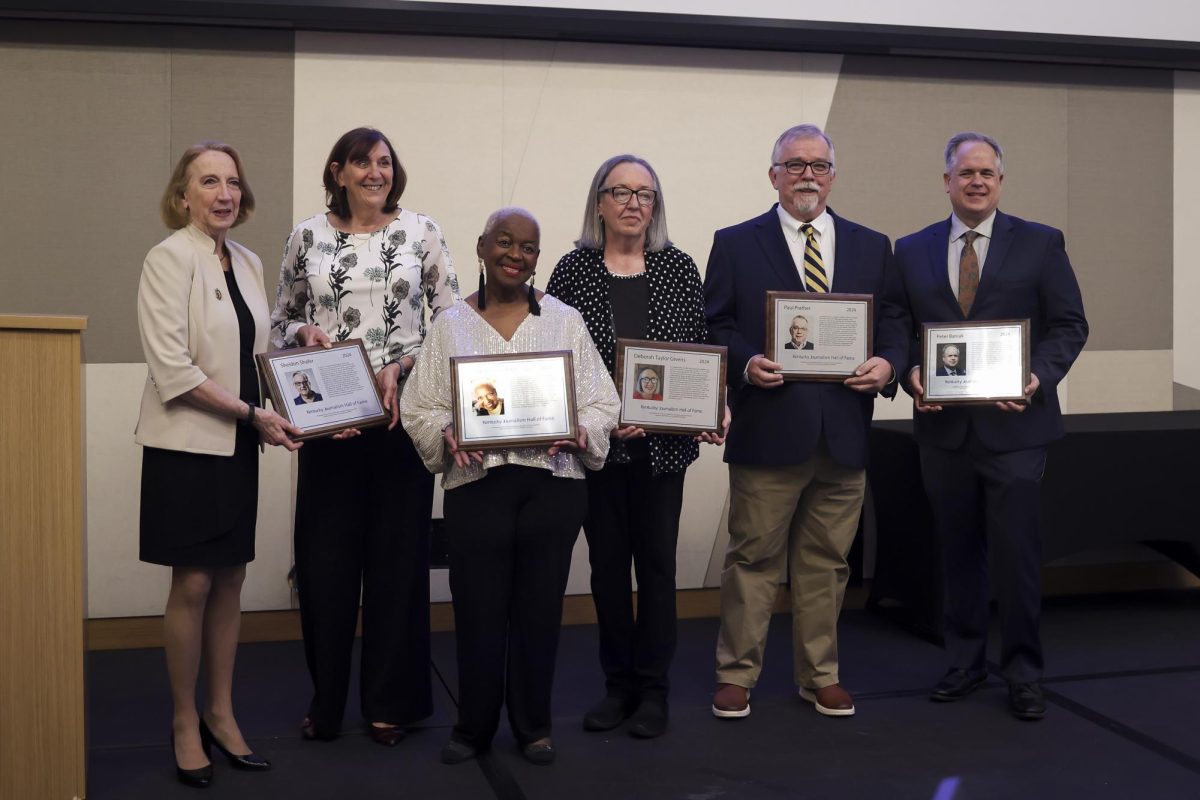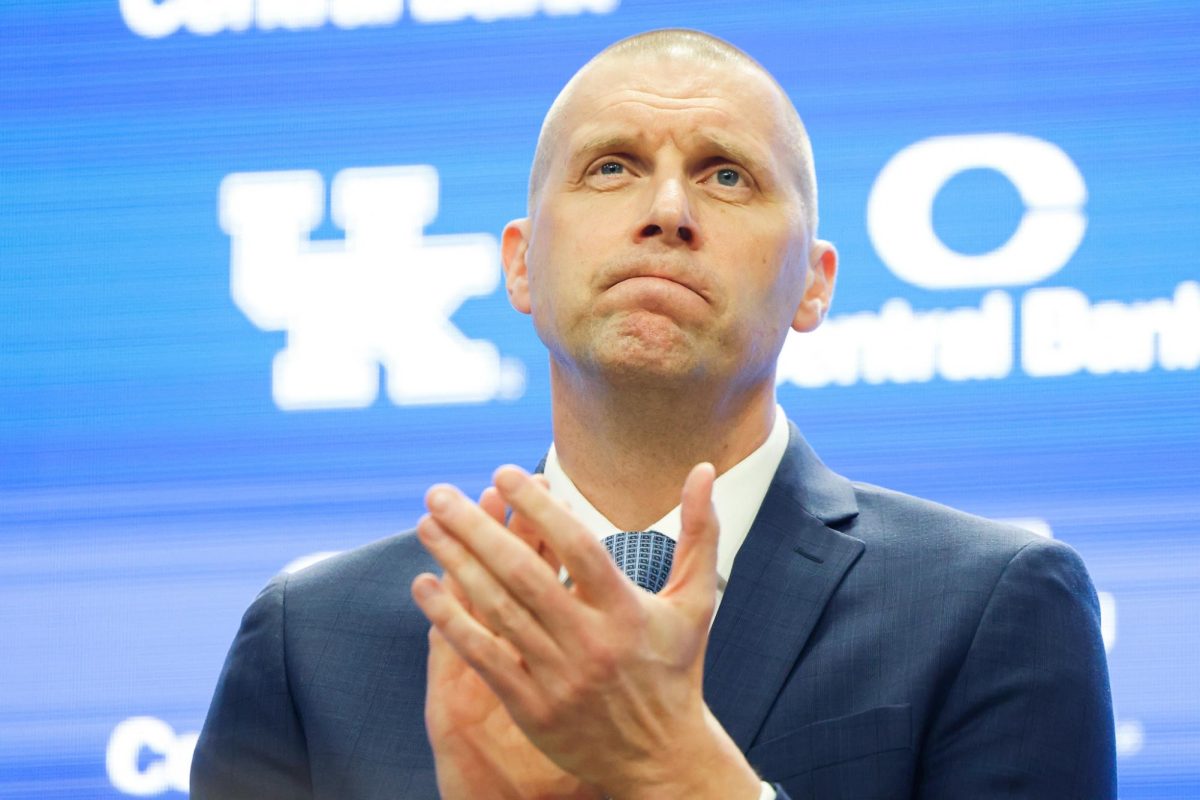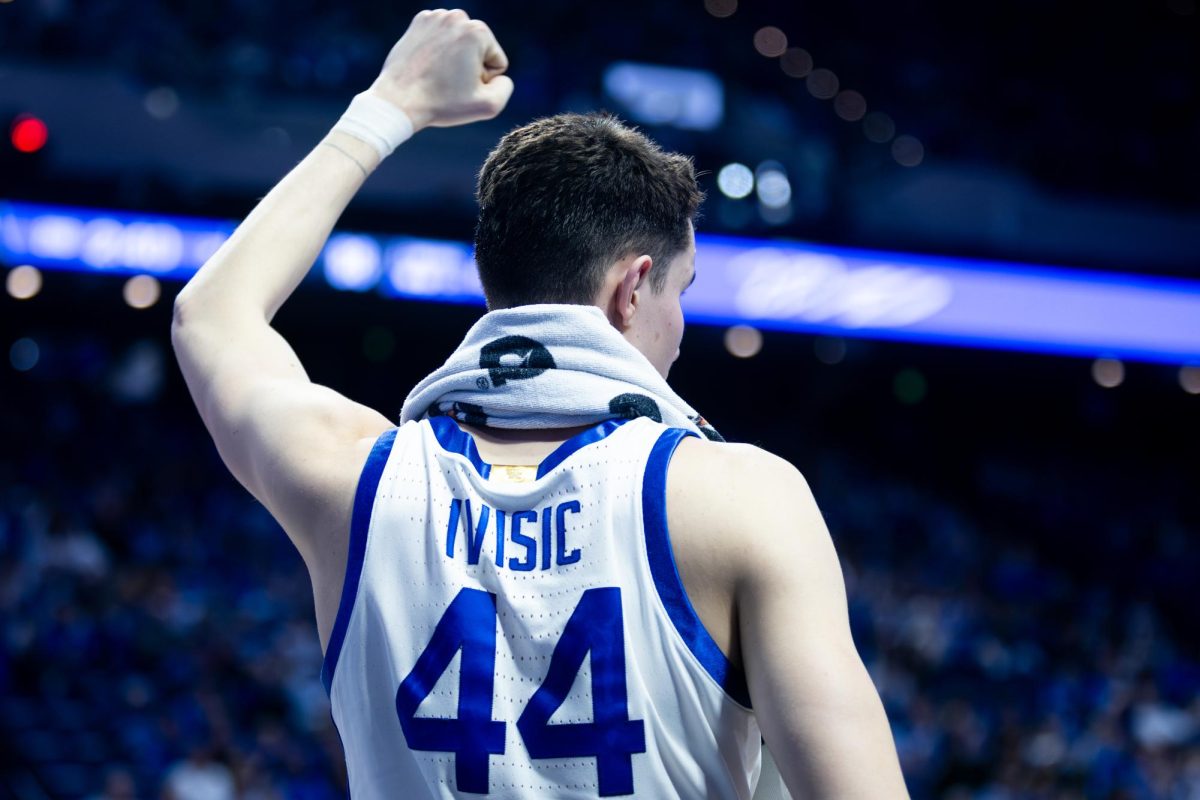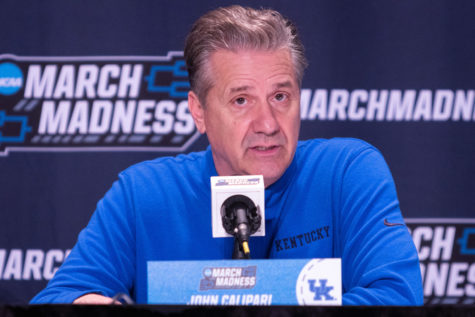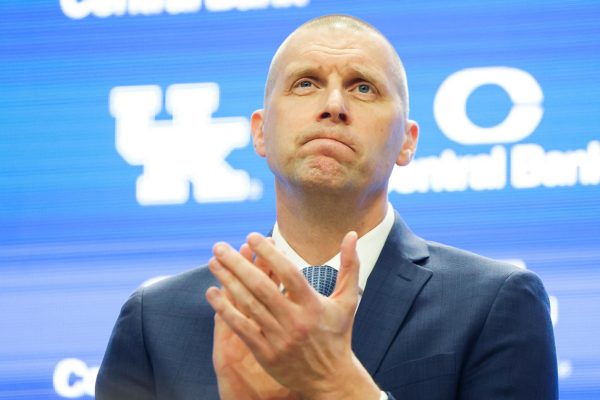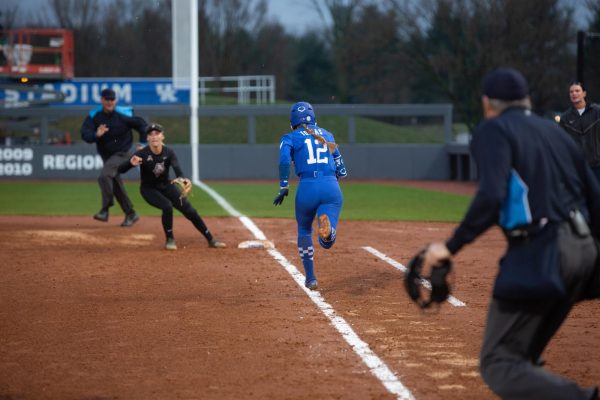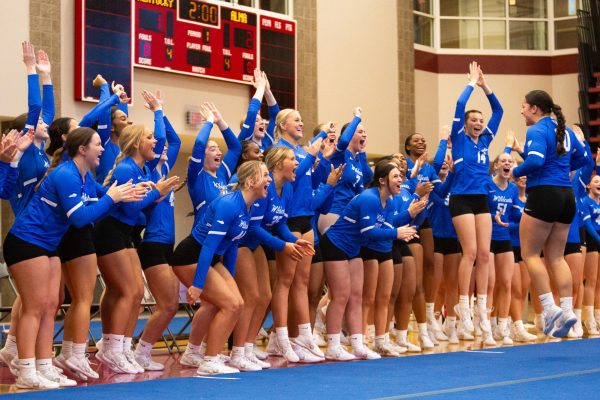Charity gives books to those in need
November 1, 2010
By Colin Walsh
The American Libraries Association estimates that 122,101 libraries are in the United States. Does it come as a surprise that developing countries do not have this literary luxury?
The International Book Project understands that the need in developing countries, particularly those in rural West Africa, South America and Eastern Europe, does not stop with food, water, clothing and medicine. Education and access to books have a lasting impact on these countries, and for a half a century IBP has working to provide it.
“As Americans, we can’t really understand because we have such easy access to books,” Lexington IBP Director Rachel Lewis said. “A lot of the people we deliver books to don’t have books to read for fun … when students don’t read for enjoyment or the sake of reading, imagine how to teach hard it is to instill a love of reading – taking them to another place. We are giving these students an opportunity to explore the world.”
Founded 44 years ago by the late Harriet Van Meter, whose efforts with the project landed her a Nobel Peace Prize nomination in 1986, IBP has gone from shipping dozens of books out of Van Meter’s basement to filling massive 20,000 book orders via shipping containers to countries around the world.
“To have staying power in the charity world is a big deal,” Lewis said. “We’ve had some partners for 15 years, and it certainly gives us support … in the last seven years we have strengthened as an organization. Last year we sent over 200,000 books, and we will top that figure this year.”
IBP’s longevity and far-reaching scope generated a lasting impact on the countless individuals who have seen the generosity firsthand. One of those individuals is bluegrass native and UK Alumnus, Kevin Beiting.
A lawyer who is now a board member at IBP, Beiting first encountered the organization while teaching English overseas at a high school in Kazakhstan.
“The students there were anxious to learn, but they didn’t have books of any kind,” Beiting said. “It is hard to imagine unless you’ve been there … forget about flip pads and markers … the chalk board didn’t even work.”
Undeterred, Beiting took a trip to the Peace Corps headquarters to find some help. When he saw the Lexington address of IBP on a list of possible charities, he knew he was in luck.
“I said to myself, laughing: ‘they have to help me out, that’s where I went to school.’”
Sure enough, after sending his request, three boxes of textbooks were making the long journey from the states to snow-covered Siberia.
“The principal was elated, my fellow English teachers were excited, I was thrilled,” Beiting said. “But for the kids … it was like Christmas morning. They were just so starved for knowledge and access to the tools to give them a leg up and bring them out of the situation they were born into … they weren’t dummies either. They knew the English language was the language of the world.”
Lewis is also cognizant of the precise impact that her charity makes with each order shipped, and that’s what she says separates it from other organizations that do not have a strong relationship with their recipients.
“We aren’t just sending America’s junk,” Lewis said. “All the books we send have been specifically requested by a school, a library or other organization in that country. We are also making sure we don’t interfere with any publishing sectors, just as the influx of clothing from American charities has crippled the textile industries and local businesses of some of these countries.
“I feel it’s not too controversial to improve education. We aren’t telling them what to do, we as ‘what can we do to make your community better?’ It’s the person-to-person aspect of it, we know our partners and it’s not just huge amounts of aid,” Lewis said.
Beiting, who has seen myriad forms of international aid in many developing countries — Dominican Republic, Haiti, Russia and Kazakhstan – agrees with Lewis, recognizing how powerful and impactful the aid from IBP can be.
“I’ve been to a bunch of developing countries, and I was often struck by medical organizations and the tremendous amount of aid they supply and all the great things that they do,” Beiting said. “But you can only hand out so many vitamins and Tylenol and Band-Aids … along the line, something fundamental in society has to change. Giving the local people the power to do that, through language, books, education…the power to chose their own path and density; there are some things you can’t fix with Band-Aids.”
Xeenia Tariq, an AmeriCorps VISTA volunteer at the IBP who works in marketing, understands her work to be important and has a unique perspective on literacy in developing countries.
“I wanted to do meaningful work where I would be helping to improve international literacy,” Tariq said. “Growing up in Pakistan, when I was eight or nine, the only library we had had been run by the British government, and not necessarily everyone could join because there was such a high fee.”
She said she had more access to books in America.
“When I moved to Brooklyn, I remember how easy it was to join the library, everyone in the neighborhood could. There is definitely a huge difference in the amount of access we have here,” Tariq said.
Beiting said the organization does a tremendous job with a limited staff to fill that need.
“IBP is truly an international organization, and it’s right here in the heart of the Bluegrass. The thank you letters we get from our recipients just pull our heart strings. Books do in fact change lives. (IBP) is truly a gem in the city of Lexington,” Beiting said.





